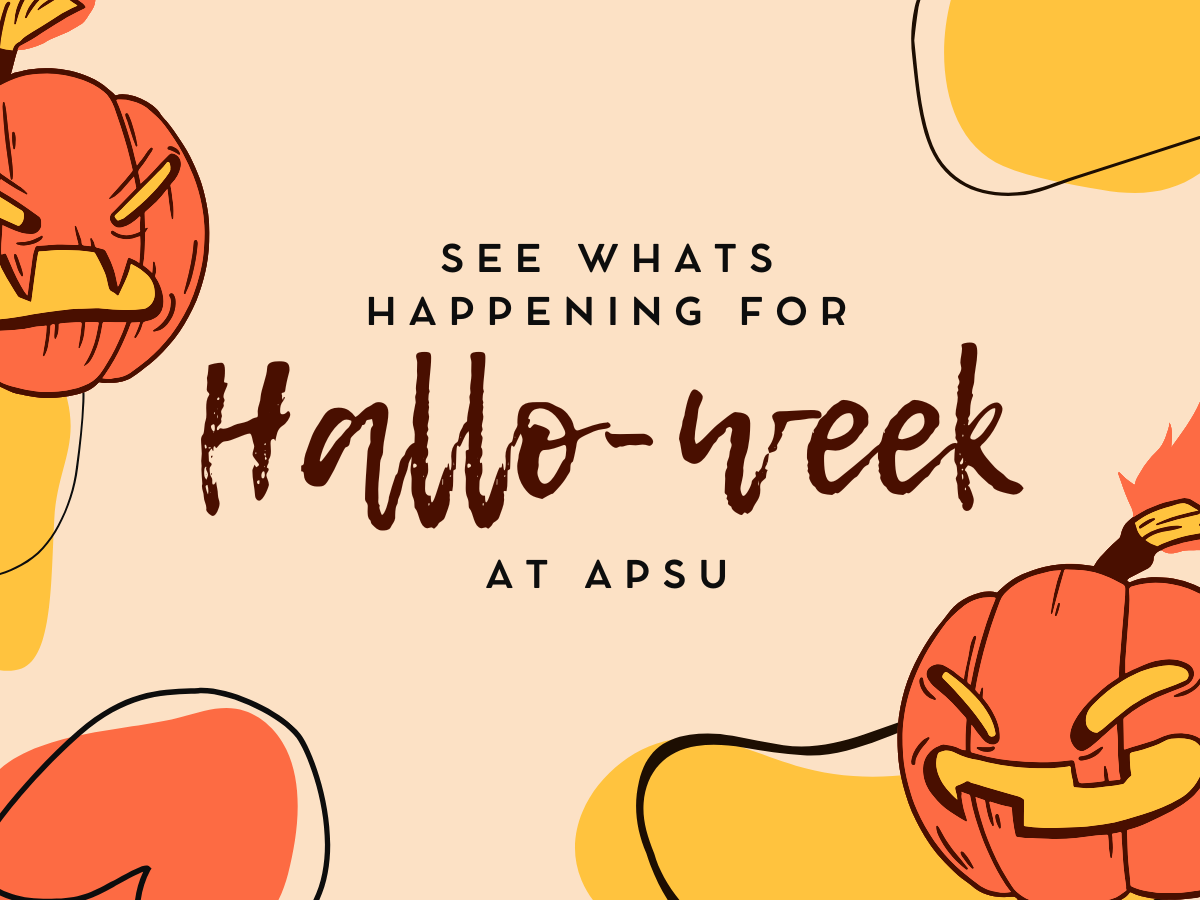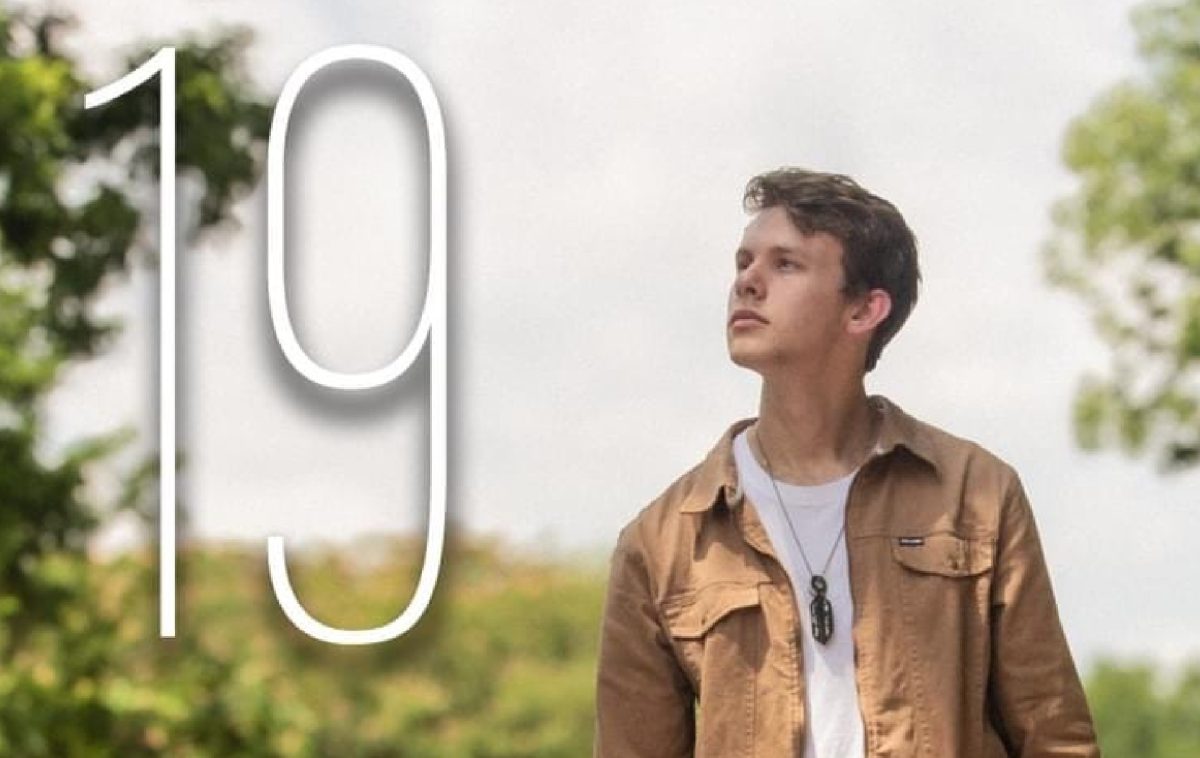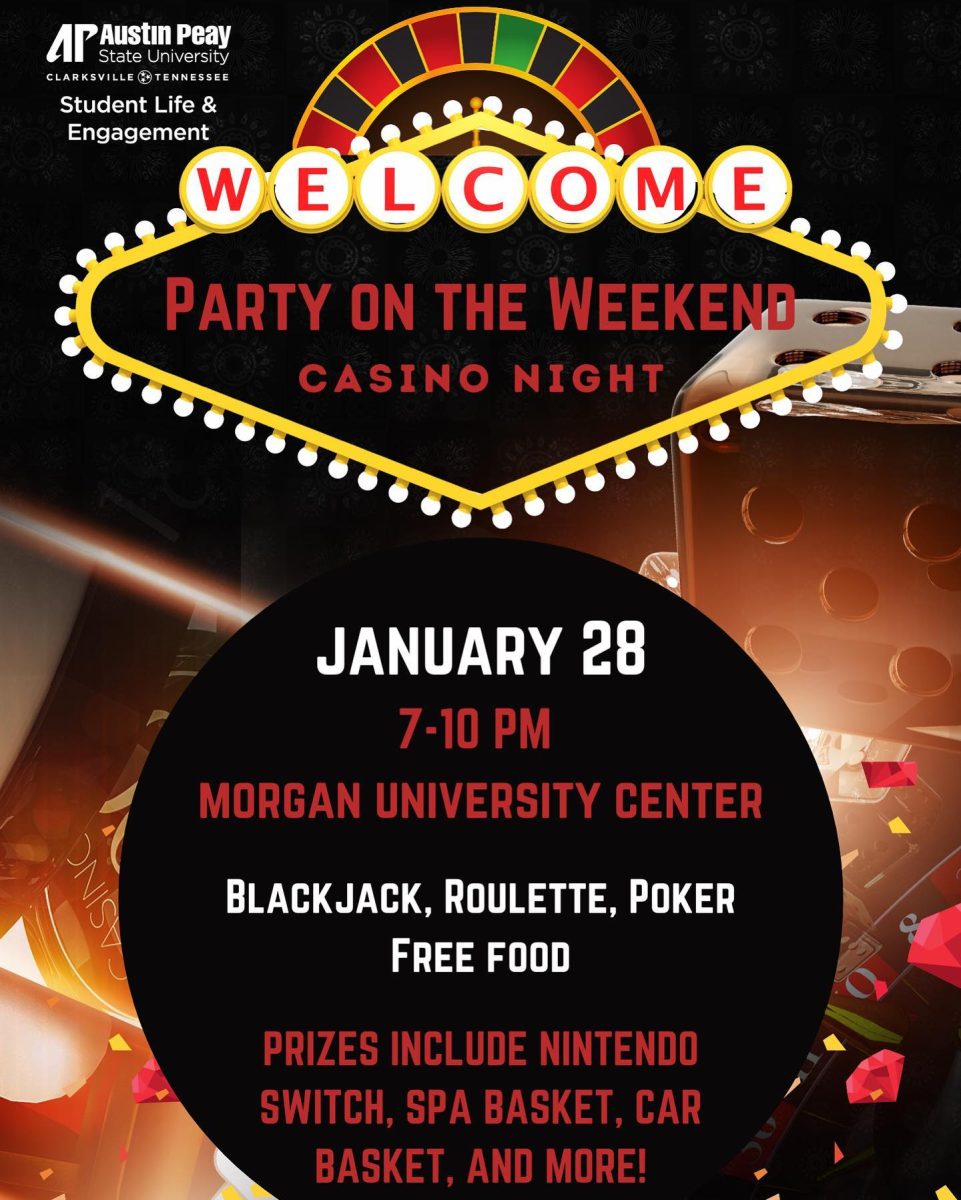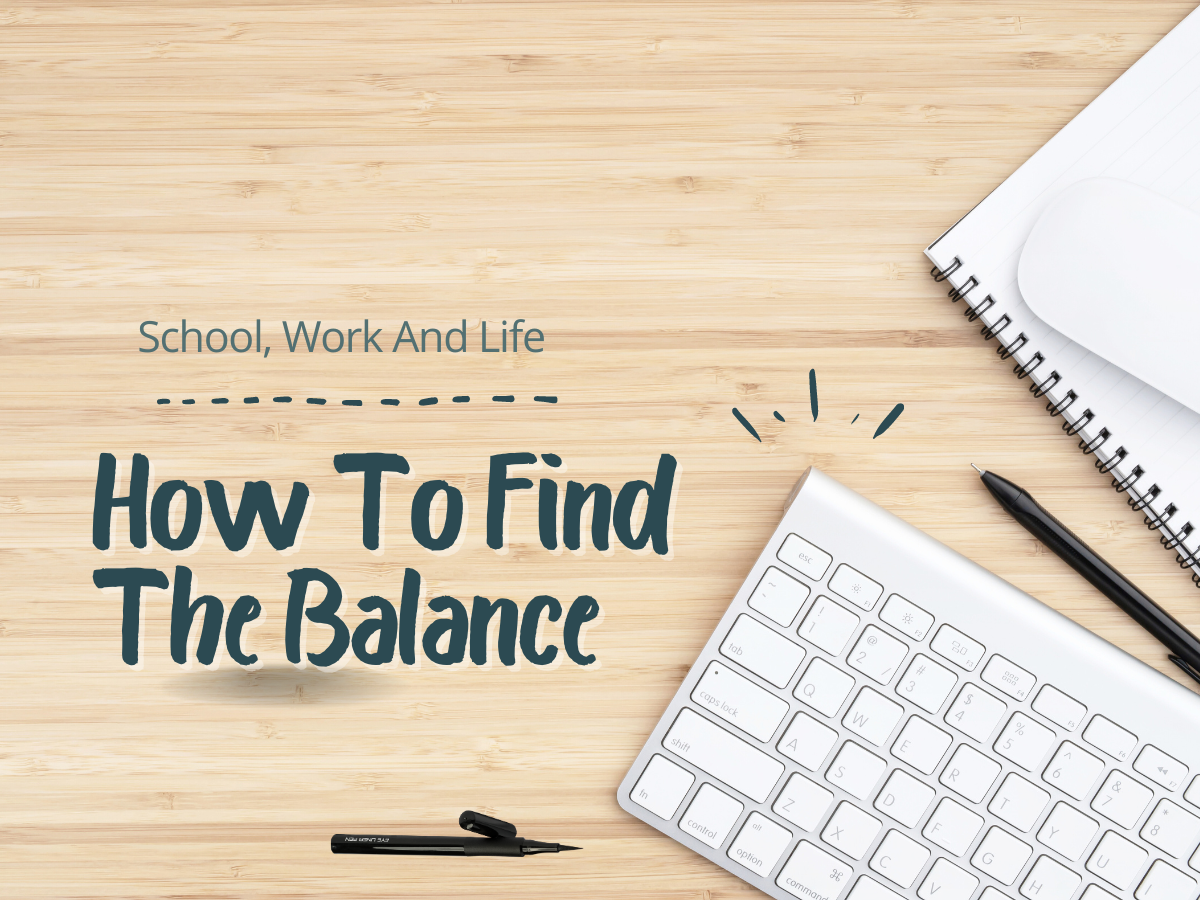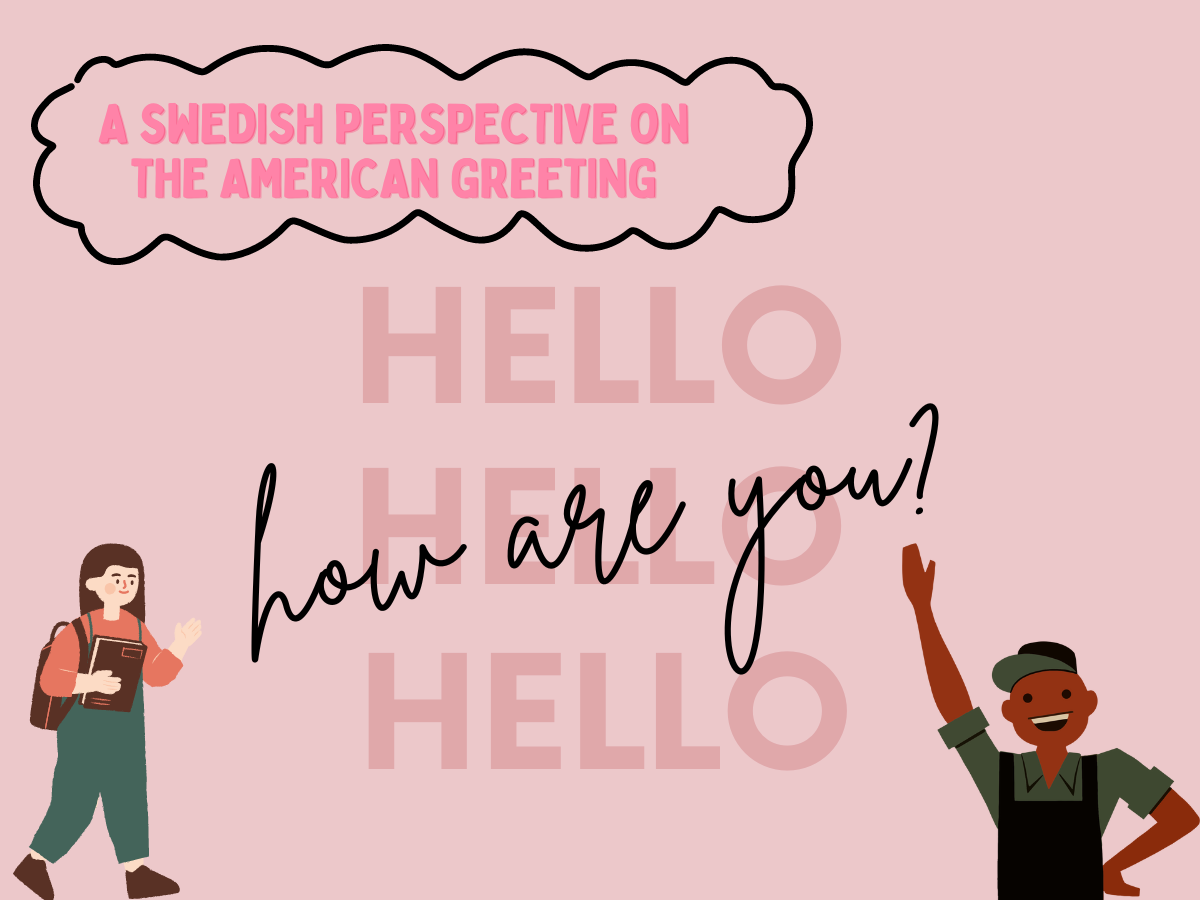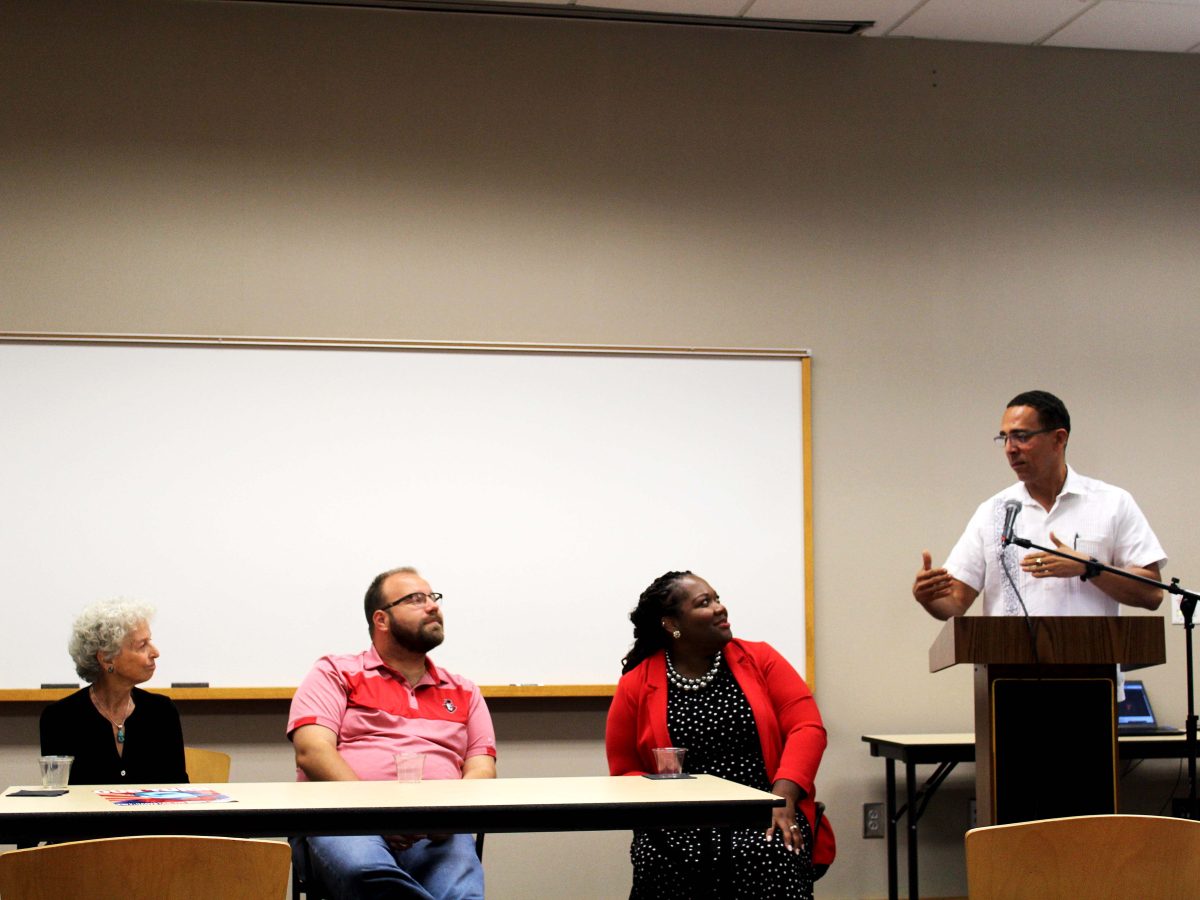Slurs are sometimes used in everyday conversations, but this is not OK.
As many different cultures and languages come together, slang and slurs are developed.
Some people may deem derogatory words or comments acceptable when not directed at someone specific, but they never stop and think of how their words might hurt others.
Whether you’re in class, at work or in public, some words are just too harsh.
There are words geared to harass races, genders, sexual orientations and so many more.On an average day, most students could sit down and eavesdrop on another’s conversation and pick out several different slurs that are offensive to others sitting nearby.
Americans are so used to talking this way, they don’t consider the consequences.Americans are trained to understand and pick up phrases like “that’s so gay” or “wow, she’s a retard,” when, in reality, neither of these things should be an insult. Human beings who have these traits are discriminated against and oppressed by phrases like these. Not only are they disgraceful, but they can also hit home a lot harder than people consider.
All of the terms and phrases that are considered derogatory can be extremely hateful.
Situations like homosexual students being around when people tease their friends and call them “faggot” or girls being called “fat” from afar can lead to a plethora of mental and emotional problems for those who are affected by these slurs.
“I don’t like the use of these words,” said junior broadcast major Miranda Salters. “The people who say these things are bullying and abusing others with their degrading terms [whether] they realize it or not.”
Some people don’t think before they speak, which is where the problem originates.
The website for the Think Before You Speak campaign is geared toward creating awareness of LGBT slurs among students and the means to prevent them from happening. According to the website, “over half of all students report hearing homophobic remarks often at school,” and “nine out of 10 LGBT students report being harassed at school in the last year.” This is unacceptable.
Not only are there slurs geared toward the LBGT community, but there are also racial slurs. The Racial Slur Database lists almost every racial slur known to man. The fact that this offensive database exists suggests the world has an extremely jaded view on how to treat others who are unlike them. Americans, Asians, Europeans and many others have a list of slurs that describe who they are not based on culture, but on what they look like or where they come from.
In the South, there is lot of hostility between white, black and Hispanic people since they all exist in the same area with different cultural backgrounds.
However, a lot of promotional videos have been made by different demographics that these words belong to.Words like “gay” or “retard” are not inherently bad words, and the communities that have these characteristics want their words back.
There are over one million words in the English language with several definitions.A lot of those words, when used in a different context, can mean something completely different from its true definition.
Claiming and taking back these words while raising awareness could eliminate derogatory slurs from casual conversation.
It is time to stand up for those on the receiving end of derogatory comments, regardless of whether the words and phrases are being said specifically to others. APSU students need to listen and care about what words come out of their mouths.
“I think we should take back [slurs] and make them powerful,” said junior public relations major Michelina Sparks. “These words shouldn’t be synonymous with degrading terms but terms that are positive to other human beings and who they are.”
The next time you’re out with your friends and you all talk, really consider the words you are using. You may never know who is listening or how you may affect someone’s life.


